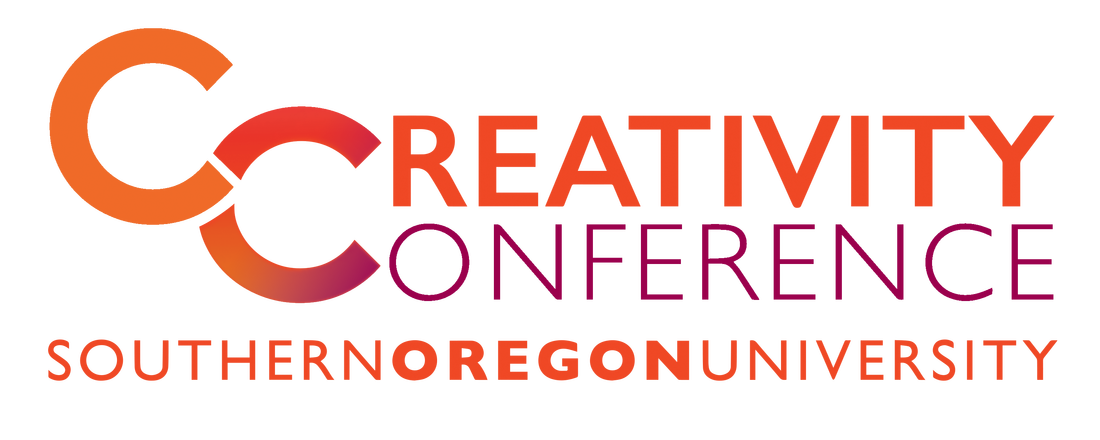NSSE researcher Angie Miller will discuss her research on confidence, creativity, and careers at the upcoming Creativity Conference at Southern Oregon University July 11th to 14th. Using data from the NSSE as well as the SNAAP, Miller explored the role of creative coursework in entrepreneurship and development of business acumen. Read the full abstracts below, and find more information on the conference here.
Connecting Creativity, Confidence, and Unconventional Career Plans
Previous research suggests that creativity training is effective in academic settings, and that creative skills are increasingly important for success within unconventional careers such as self-employment or starting a business. This study extends research on creativity and career training in higher education, using data from the "Senior Transitions" topical module of the National Survey of Student Engagement (NSSE). Responses from over 64,000 seniors at 274 different U.S. colleges and universities were used to explore whether exposure to creative coursework and confidence in creative thinking skills can predict future career plans. NSSE's measure of creative coursework includes items on generating new ideas, taking risks without fear of penalty, evaluating multiple approaches to problems, and inventing new methods; NSSE also asks students to report their level of confidence in a variety of skills and abilities, including creative thinking. Binary logistic regression models were conducted to determine the effect of creative coursework exposure and confidence in creativity on future plans for self-employment and starting their own business someday. The results suggest that creative coursework and confidence in creative ability are significant positive predictors of plans for both self-employment and starting a business, even after controlling for gender, sexual orientation, major field, educational aspirations, race/ethnicity, disability status, online learner status, living on campus, enrollment status, grades, institution size, control (private/public), and Carnegie classification type. These findings can help to enrich educational experiences within higher education, informing curricular and programming enhancements as well as career advising and preparation for students across all major fields.
Arts vs. Arts: Exploring Creative and Entrepreneurial Differences Between Disciplines
Although "the arts" are often described as an umbrella term, there may be extensive differences between specific arts disciplines, such as the visual arts, performing arts, and other applied areas (education, arts administration). This study used data from the 2015, 2016, and 2017 administrations of the Strategic National Arts Alumni Project (SNAAP), an online alumni survey with 78,920 respondents from 102 colleges and universities. This data included six overarching major fields: architecture & design, applied arts, fine & studio arts, media arts, performing arts, and "other" arts. Alumni rated their exposure to creative coursework practices and their acquisition of entrepreneurial and business skills during their institutional experience. A series of ANOVAs suggested that those in architecture & design and fine & studio arts were among the highest for creative coursework, with applied and performing arts the lowest. However, for reports of entrepreneurial and business skills, fine & studio arts majors were among the lowest. Regarding career experiences, results of chi-squared analyses suggest that at both the undergraduate and graduate level, performing arts majors were most likely to have started their own business or organization, while applied arts majors were the least likely. Similar patterns were found for self-employment, although for undergraduate alumni, architecture & design and media arts majors were the most likely to have had this experience. This study underscores the need to look at major with a more fine grain to better capture the nuances of individual arts disciplines in research, practice, and policy.


